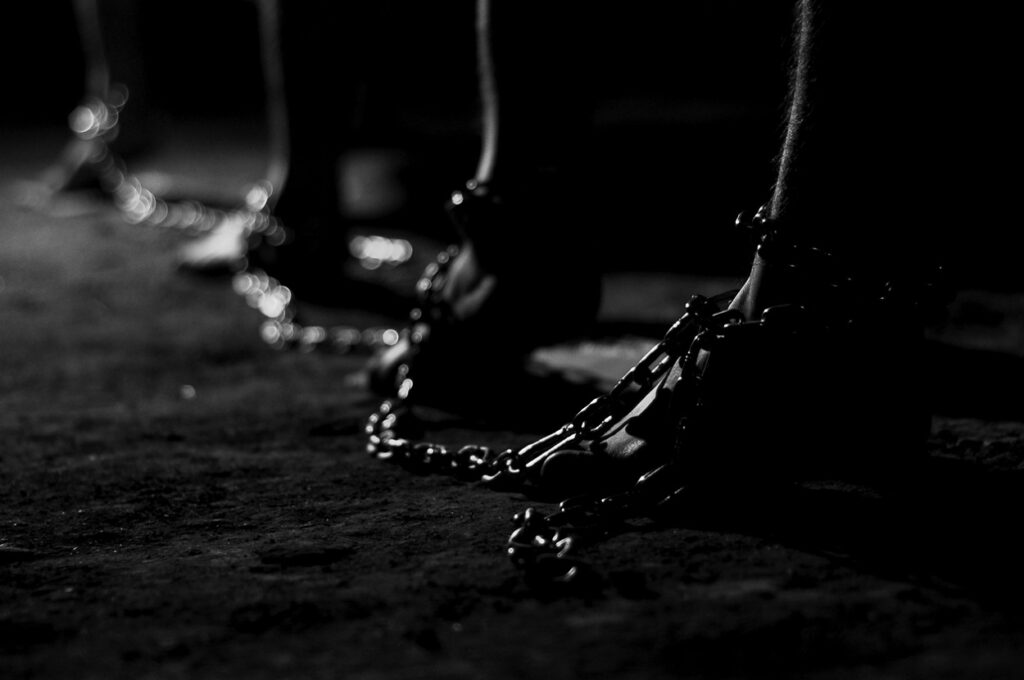There's so much rich insight coming out of the academic sector that HR professionals need to know. At Academics' Corner we feature the best HR researchers that tell you what they’ve found and what you need to do differently on the back of the research. Get connected to the academic sector through Academics’ Corner and make sure you never miss another piece of key research again. If you’re an academic with a relevant story, please get in touch on [email protected].
At least since the Human Rights Act 1998 came into force throughout the UK on 2 October 2000, incorporating into UK law the rights contained in the European Convention on Human Rights, the human resources department in companies has been the area mainly responsible for the rights of employees.
These human rights issues have mainly focused on the employment side: unfair dismissal claims, constructive dismissal claims and the right to respect for private and family life (the right to privacy).
With multinational businesses and supply chains that span continents, HR departments have now found themselves increasingly responsible for identifying and addressing other human rights such as water, education and indigenous rights.
For instance, many apparel retailers have been linked to using sweatshops, while some tech companies have been accused of using child labour to mine materials for their products.
As a result, the issue of human rights has been thrust into the spotlight. The International Labour Organisation estimates that forced labour generates $150 billion in illegal profits every year.
So who is responsible for ensuring that employees’ and others’ human rights are respected along a company’s supply chain?
In the UK, the Modern Slavery Act has come into force this year, meaning that companies with a turnover above £36 million need to report on steps they are taking to eradicate slavery and human trafficking in their supply chains.
The EU’s Non-Financial Reporting Directive requires large companies to report on their human rights due diligence processes and, later this year, the first Corporate Human Rights Benchmark will be published.
We found that they [HR professionals] often roll human rights into their employment rights process – which leads to non-employment related human rights being overlooked.
However, a recent study by the British Institute of International and Comparative Law (BIICL) and law firm Norton Rose Fulbright, surveying over 150 companies around the world, has found that many of these businesses are still not doing enough to address it properly.
When specifically talking to HR professionals we found that they often roll human rights into their employment rights process – which leads to non-employment related human rights being overlooked.
So human rights of those affected by the company’s activities, such as the right to food and water, right to liberty from detention, and the rights of indigenous peoples, are ignored.
All stakeholders and operations need to be included in due diligence, supported by a multi-departmental group including lawyers and Board-level decision-makers.
This means that large numbers of organisations are still not implementing the basic international standards for human rights.
—————-
Ten steps to effective human rights due diligence
- Initial identification through human rights impact assessment, desktop research or gap analysis, perhaps followed or complemented by interviews
- Risk assessment of human rights risks, including risks to rights-holders
- Prioritisation of human rights issues
- Development of action plans
- Strategic direction at the board level
- Cross-functionality: steering groups, working groups, interaction between relevant functions
- Integration of human rights into internal compliance mechanisms, scoring and tools
- Translation and application of human rights to apply to each function
- Inclusion in contractual provisions and having codes of conduct and operational policies
- Provision of training; and ensuring that there are effective grievance mechanisms
—————-
This doesn’t mean that HR departments shouldn’t be responsible for human rights, as in many companies it makes clear sense.
While our study found that CSR departments might be more effective at identifying human rights impacts than HR teams in some cases, this remains a more complex issue than simply whether HR or CSR should own it.
In short, there is a range of important human rights issues that require many parts of the business to be involved, including the legal department’s input, compliance section, and the board.
Why is this the case?
Well, our study showed that while many companies conduct general due diligence, this is not enough to detect human rights impacts. Almost half (49%) of companies do not have a dedicated human rights due diligence assessment in place – which encompasses the full range of a company’s human rights obligations.
Over four fifths (81%) of this group did not identify any human rights impacts and over 70% did not identify adverse impacts linked to third party relationships.
In contrast, 77% of companies which carried out specific human rights due diligence identified actual or potential human rights impacts, and over 73% identified impacts linked to third party relationships.
We also found additional problems where companies did not undertake express human rights due diligence, but instead incorporated human rights issues into other due diligence processes.
This approach is more likely to result in companies concentrating their attention on highly regulated human rights issues such as health and safety and labour related rights – directly in response to the prevailing legal imperatives.
Almost half (49%) of companies do not have a dedicated human rights due diligence assessment in place.
Therefore, issues which are connected to unregulated or less regulated areas are unlikely to be identified or monitored at all (including impacts via third party relationships).
Overall, the company’s potential human rights impacts are less likely to be monitored.
It’s important to understand that human rights due diligence is not general due diligence as it also examines the risk to others of the activities of a company and includes a wide set of stakeholders which goes much further than employees.
Local communities, indigenous peoples, consumers and others are all included.
As a result, by not undertaking express human rights due diligence a company is effectively exposing itself to a plethora of risks: reputational, financial, operational and legal.
Something which has become an even greater risk because of the rise of social media.
The importance of expertise and personality
Our research found that companies use their HR, CSR, compliance, and legal departments in different ways and it can depend on expertise and personalities within them as to how effective they are in establishing processes to identify potential human rights risks.
By not undertaking express human rights due diligence a company is effectively exposing itself to a plethora of risks: reputational, financial, operational and legal.
So, irrespective of which department takes the lead, there needs to be effective cross-functionality in this area.
All companies need to put in place genuinely effective human rights due diligence processes.
They must first evaluate their activities through a human rights lens. It’s important to recognise human rights issues at the operational level, where interaction with the rights-holders actually takes place.
All stakeholders and operations need to be included in due diligence, supported by a multi-departmental group including lawyers and Board-level decision-makers.
Training, consultations with all stakeholders (not just employees) and regular human rights impact assessments are needed.
Legal claims are on the rise across the globe against companies for human rights abuses in their supply chains. Ignorance is no defence.
Companies will be liable not only for those human rights impacts that they knew about, but also for what they ‘ought to have known’, had they been diligent or indeed for making misleading statements.
HR teams have a central role to play: it is time for them to help ensure the organisation really is acting on this issue, not just talking about it.









